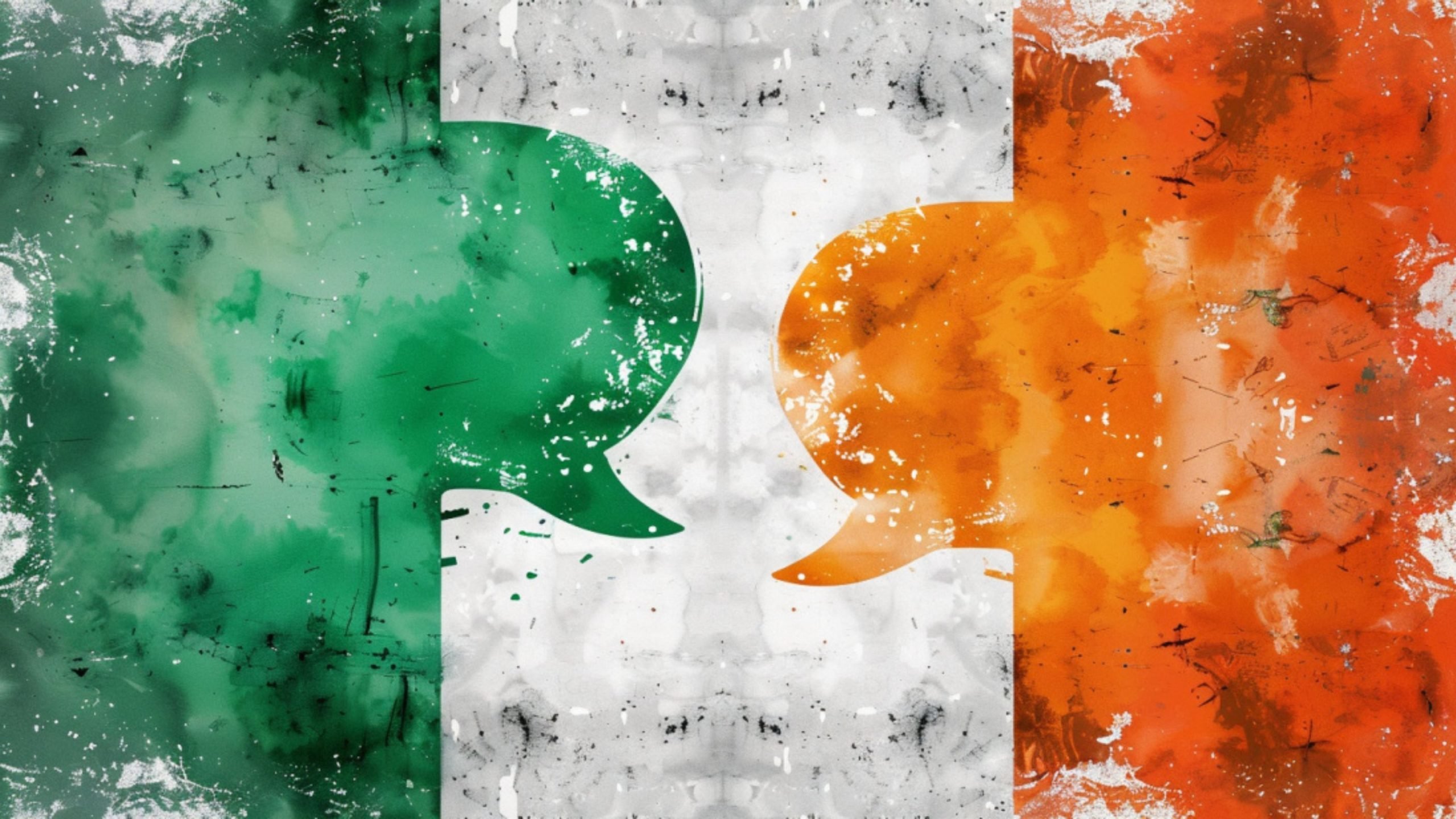Ireland’s Criminal Justice (Hate Offenses) Act 2024 has officially come into effect, marking a significant shift in Ireland’s approach to addressing crimes motivated by hatred. Signed into force by Justice Minister Helen McEntee, the law promises harsher penalties for offenses deemed to involve hatred against individuals based on an extensive list of protected characteristics.
Approved by the Oireachtas in October, the legislation expands protections for groups targeted because of their race, color, nationality, religion, ethnicity, gender, sex characteristics, sexual orientation, or disability. Notably, its definition of gender includes a range of identities, encompassing transgender individuals and “non-binary” genders.
Under the law, offenses such as assault, criminal damage, and the dissemination of threatening material may carry increased sentences if prosecutors can prove a hate-motivated element. Even if hatred is not conclusively demonstrated in court, the original offense can still lead to a conviction. Additionally, if evidence of hatred emerges during unrelated trials, judges are required to treat it as an aggravating factor and record the crime as hate-related.
Supporters of the legislation argue it sends a clear message against intolerance. Minister McEntee stated that the law identifies hate crimes as distinct offenses, aiming to ensure vulnerable communities feel protected. “Hate-motivated attacks tell minorities they don’t belong. This law counters that message, ensuring such crimes are punished and communities safeguarded,” she remarked.
However, critics have expressed concerns about the potential implications for free expression and due process. Opponents point to earlier, removed provisions of the original bill that they argue would have dangerously expanded the scope of hate speech laws. Those provisions included penalties for “communication” or even “possession” of material deemed capable of inciting hatred, punishable by imprisonment. Critics argued this lowered the bar for criminality, potentially punishing individuals without intent to incite violence or hatred.
The removal of these controversial sections, however, did not quell all opposition. Sinn Féin’s Matt Carthy questioned the clarity of the law’s gender definition, asserting that it might lead to confusion. Mick Barry of People Before Profit voiced concerns that the law could be weaponized, with accusations of “hate speech” during an offense potentially used as evidence to secure a conviction. Barry also cautioned against the stigmatization of political movements through vague interpretations of hatred.








